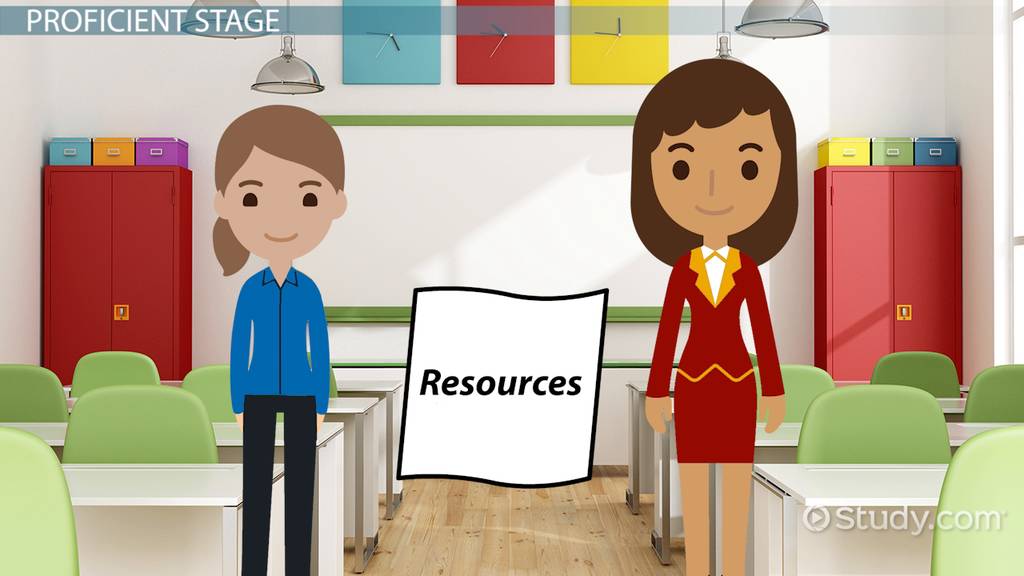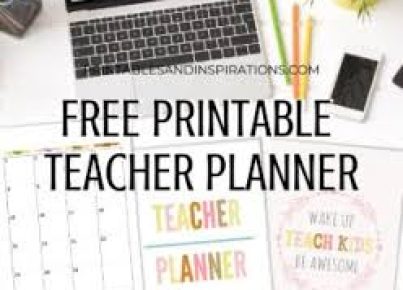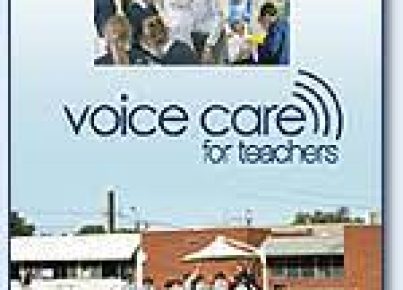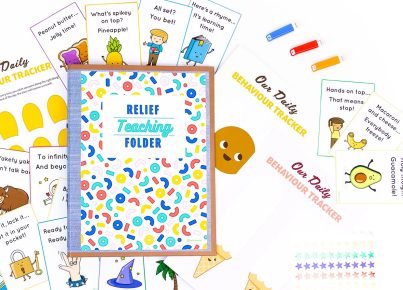Introduction
Teaching is an exciting and rewarding profession that is constantly evolving. As educational landscapes change, teachers must adapt their skills and knowledge to meet the varying needs of their students. This article explores the importance of continuous learning for teachers at all stages of their career, from pre-service to veteran educators.
1. Pre-Service Learning
For aspiring teachers, pre-service learning is a critical first step in their career journey. This stage encompasses pursuing a degree in education, participating in student teaching experiences, and acquiring relevant certifications. During this period, future educators develop foundational skills and acquire essential knowledge to create a solid foundation for their careers.
Key components of pre-service learning include:
a) Degree programs: Bachelor’s, Master’s or specialized degrees in Education provide essential theoretical background, methodology training, and subject-specific expertise.
b) Student teaching: Gaining hands-on experience in the classroom through supervised internships or student teaching placements helps build practical skills and confidence.
c) Certification exams: Acquiring necessary credentials and certifications ensures that new teachers meet professional standards.
2. Early Career Professional Development
Once teachers enter the workforce, it is vital they continue learning to adapt to the ever-changing educational environment. In the early years of their careers, teachers should focus on refining instructional techniques, classroom management strategies, and building relationships with students and colleagues.
Some opportunities for early career professional development include:
a) Workshops and courses: Teachers can attend workshops or take courses to enhance their skill set or stay updated on current pedagogical approaches.
b) Mentoring programs: New educators can benefit from pairing up with experienced mentors who can provide guidance, share insights, and offer constructive feedback.
c) Reflective practice: Regular self-assessment and reflection help identify areas for improvement and promote growth as an educator.
3. Mid-Career Learning Opportunities
As teachers gain experience, it’s crucial to continue honing their skills and adapting to new techniques, technologies, and best practices. Mid-career educators should explore new methodologies, develop leadership skills, and engage in professional networking.
Ways to engage in mid-career learning include:
a) Conferences and seminars: Attending national or international conferences can broaden one’s perspective on current issues in education and provide opportunities for networking with other professionals.
b) Advanced degrees or endorsements: Pursuing a higher degree or earning additional credentials can open doors to new career paths, such as administration or curriculum development.
c) Research and writing: Engaging in educational research or writing for professional journals allows teachers to contribute to the knowledge base in their field.
4. Learning for Veteran Teachers
For seasoned educators, maintaining relevant expertise is crucial. Veteran teachers should consider disseminating their wealth of knowledge by mentoring others and playing active roles in shaping educational policy.
Opportunities for veteran teacher learning include:
a) Professional presentations: Presenting at conferences or workshops demonstrates leadership while promoting knowledge exchange.
b) Policy involvement: Having a voice in educational policy decisions can help shape the future of education on both local and national levels.
c) Community outreach: Veteran teachers have skills that can benefit community organizations and other stakeholders engaged in lifelong learning initiatives.
Conclusion
Continuous learning is essential for teachers at all stages of their careers. By embracing professional development opportunities and adapting to the rapidly evolving world of education, teachers can provide students with the best possible learning experiences while fostering personal growth and satisfaction within the profession.





